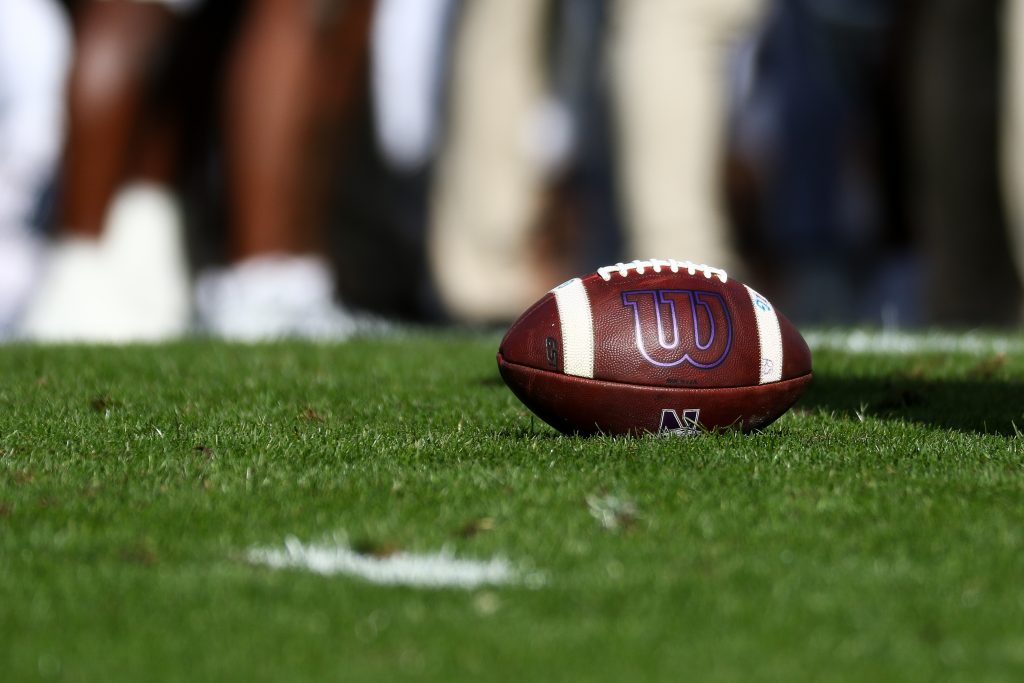ORANGEBURG, S.C. (AP) — A South Carolina jury has awarded $18 million to Robert Geathers, a former college football player, and his wife, Debra, after concluding that the NCAA was negligent in failing to inform Geathers about the long-term effects of concussions. The verdict came after a civil trial that took place in Orangeburg County, where jurors attributed $10 million to Robert Geathers, 68, who played as a defensive end at South Carolina State University from 1977 to 1980. Debra Geathers received $8 million.
Robert Geathers has been diagnosed with dementia by a physician several years ago, and he now struggles with basic daily tasks such as dressing and meal preparation. Other medical experts who testified during the trial indicated that Geathers shows symptoms of chronic traumatic encephalopathy (CTE), a degenerative brain disease that affects former football players who have sustained repeated head trauma. Importantly, CTE can only be conclusively diagnosed posthumously.
The attorneys representing the couple argued that the injuries Geathers sustained during practices and games significantly contributed to his current health challenges, with the trauma taking decades to manifest. Bakari Sellers, Geathers' attorney, highlighted that the NCAA has been aware of concussion risks since the 1930s, but did not adequately inform coaches or players about these dangers until much later in time.
Sellers stated, "All of the information they knew, they withheld," emphasizing that it was the NCAA's responsibility to ensure player safety. In it’s defense, the NCAA has declared its intention to appeal the verdict. They released a statement asserting that they disagreed with the jury's decision and maintained their position that they have prevailed in every other similar jury trial across the nation. The NCAA further claimed that the South Carolina State football program adhered to the prevailing knowledge regarding safety at the time, arguing that college football did not cause Geathers' long-term health issues.
At the trial, NCAA attorney Andy Fletcher contended that Geathers suffers from several health conditions that contribute to his dementia-like symptoms. He pointed out that head impacts are an unavoidable aspect of football, stating, "There’s going to be head-hits. That’s inherent to the game. You can’t take head-hits out of football." However, the jury concluded that the NCAA had "unreasonably increased the risk of harm of head impacts" faced by Robert Geathers in excess of the inherent risks of playing football.
The jury also found that the NCAA had "voluntarily assumed duties to protect the health and safety of Robert Geathers," and that it "negligently breached their duties" to him. Following the trial, attorney Bakari Sellers expressed that the outcome represented justice, noting the emotional impact of being able to share the positive news with Debra Geathers.












